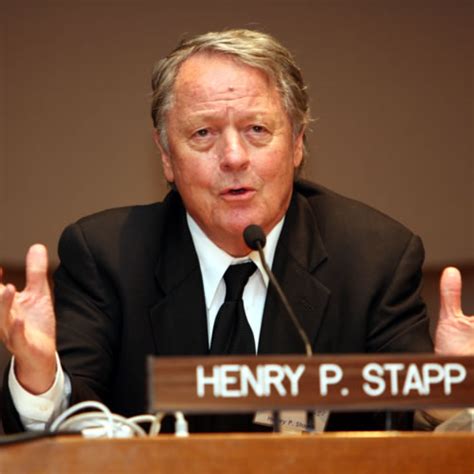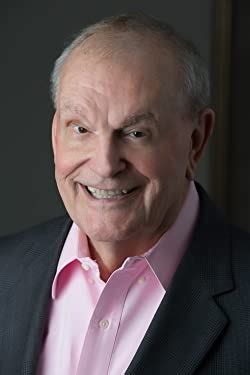A Quote by James Hansen
Only in the last few years did the science crystallize, revealing the urgency - our planet really is in peril. If we do not change course soon, we will hand our children a situation that is out of their control.
Related Quotes
You and I have a rendezvous with destiny. We will preserve for our children this, the last best hope of man on earth, or we will sentence them to take the first step into a thousand years of darkness. If we fail, at least let our children and our children’s children say of us we justified our brief moment here. We did all that could be done.
Our population and our use of the finite resources of planet Earth are growing exponentially, along with our technical ability to change the environment for good or ill. But our genetic code still carries the selfish and aggressive instincts that were of survival advantage in the past. It will be difficult enough to avoid disaster in the next hundred years, let alone the next thousand or million. Our only chance of long term survival, is not to remain inward looking on planet Earth, but to spread out into space.
The energy crisis has not yet overwhelmed us, but it will if we do not act quickly. It's a problem that we will not be able to solve in the next few years, and it's likely to get progressively worse through the rest of this century. We must not be selfish or timid if we hope to have a decent world for our children and grandchildren. We simply must balance our demand for energy with our rapidly shrinking resources. By acting now we can control our future instead of letting the future control us.
As parents, we can have no joy, knowing that this government is not sufficiently lasting to ensure any thing which we may bequeath to posterity: And by a plain method of argument, as we are running the next generation into debt, we ought to do the work of it, otherwise we use them meanly and pitifully. In order to discover the line of our duty rightly, we should take our children in our hand, and fix our station a few years farther into life; that eminence will present a prospect, which a few present fears and prejudices conceal from our sight.
This nation is on a course where if we don't do something about it, get federal situation, the fiscal policy [under control], we're Greece. We're a banana republic. Our status as a nation is threatened by what we’ve got coming at us in the area of deficit and debt. And it’s only a few more years, at the most, that we have to work with here before the market says, ‘Sorry, your currency is something we can not continue to defend.’
Our beliefs about ourselves in relation to the world around us are the roots of our values, and our values determine not only our immediate actions, but also, over the course of time, the form of our society. Our beliefs are increasingly determined by science. Hence it is at least conceivable that what science has been telling us for three hundred years about man and his place in nature could be playing by now an important role in our lives.
Freedom is always just one generation away from extinction. We don't pass it to our children in the bloodstream. We have to fight for it and protect it and then hand it to them, so that they shall do the same, or we're going to find ourselves spending our sunset years telling our children and our children's children, about a time in America, back in the day, when men and women were free.
When we are young, we spend much time and pains in filling our note-books with all definitions of Religion, Love, Poetry, Politics, Art, in the hope that, in the course of a few years, we shall have condensed into our encyclopaedia the net value of all the theories at which the world has yet arrived. But year after year our tables get no completeness, and at last we discover that our curve is a parabola, whose arcs will never meet.
If we are too busy, if we are carried away every day by our projects, our uncertainty, our craving, how can we have the time to stop and look deeply into the situation-our own situation, the situation of our beloved one, the situation of our family and of our community, and the situation of our nation and of the other nations?
Keys to Finding Hope: 1. Hope depends upon taking care that we have at least two alternatives, in every situation we find ourselves, and with every task confronting us. 2. In any situation, no matter how much we may feel we are at the mercy of vast forces out there, that are totally beyond our control, we can always find something that is within our control, however small, and work on that. 3. Nothing that happens to us is just senseless and meaningless. In the context of our total life, it will eventually turn out to have meaning.
If we can avoid disaster for the next two centuries, our species should be safe as we spread into space. If we are the only intellegent beings in the galaxy we should make sure we survive and continue. . . . Our only chance of long-term survival is not to remain inward looking on planet Earth but to spread out into space. We have made remarkable progress in the last hundred years. But if we want to continue beyond the next hundred years, our future is in space.



































